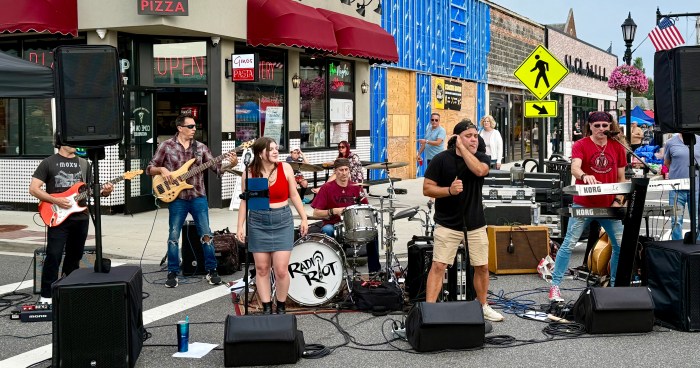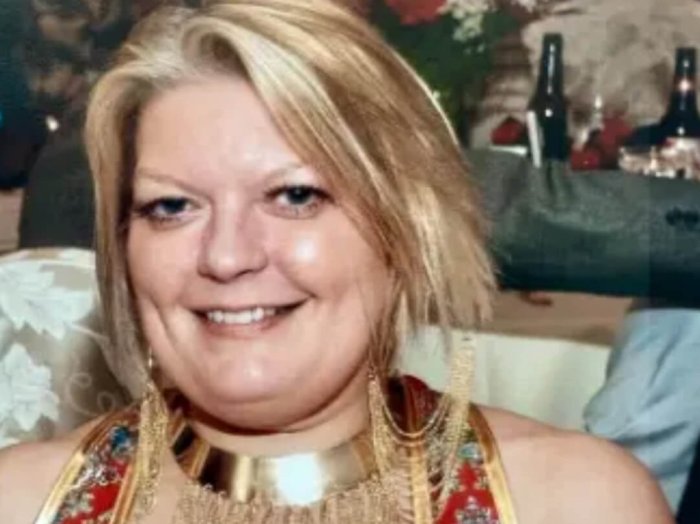The anguish that envelops families when a soldier is declared missing-in-action is an emotional ordeal that defies easy description. The heartbreak is profound, a unique blend of uncertainty, hope, and despair that stretches their emotional resilience to its limits.
Families caught in this agonizing limbo grapple with myriad emotions. Hope initially prevails, clinging to the possibility that their loved one will return, safe and sound. They imagine scenarios where their soldier is still alive, surviving against the odds. Yet, as time stretches on, the emotional toll becomes heavier. The uncertainty chips away at hope, and the weight of not knowing becomes an unbearable burden.
 Every news update, every unopened letter and every knock on the door become moments of intense anticipation and dread. Each glimmer of hope that their soldier might be found contrasts sharply with the growing fear that they may never see them again. The absence of closure amplifies the pain, as families are unable to fully mourn or find solace.
Every news update, every unopened letter and every knock on the door become moments of intense anticipation and dread. Each glimmer of hope that their soldier might be found contrasts sharply with the growing fear that they may never see them again. The absence of closure amplifies the pain, as families are unable to fully mourn or find solace.
The impact on families’ lives is multifaceted. The emotional rollercoaster strains relationships, testing bonds as family members cope differently with the uncertainty. The daily routine becomes a reminder of the absence, leaving a void that seems impossible to fill. Celebrations lose their joy, and even the mundane becomes a reminder of the soldier’s absence.
The heartbreak of missing-in-action is not just an individual struggle—it reverberates through communities and affects the broader support network. The community rallies to provide comfort, but the ache remains. It’s a shared burden of pain and waiting.
Several months ago, I received the following letter at the news desk, which not only piqued my curiosity, but then initiated my research into the other soldiers, airmen, sailors and marines who remain missing-in-action, whose names and stories you can read about here in the following months.
My name is Jacob Woodward. I am the great nephew of Staff Sergeant Benjamin Bromley who lived in Mineola prior to the outbreak of World War II. My great uncle lived at 180 Ferncroft Road with his wife and was the manager of the Long Island estate of the [then] secretary of war, Henry Stimson, while his wife worked in the office of the general in charge of Mitchel Air Force Base.

Originally my great uncle was from Plattsburgh, New York where his family still resides today.
When the war broke out, he joined the U.S. Army Air Corps as an aerial engineer aboard a B-24 Liberator.
The unit he served in was the 19th Anti-Submarine Squadron.
On July 20th, 1943, his plane was lost in combat over the Bay Of Biscay after engaging a German U-boat.

His wife, my great aunt, became a widow but held out hope, hope shared by my great grandparents that he might return.
He has been missing in action for 79 years, and it will be 80 years this July.
I am trying to generate interest in his story of service to our country and to renew efforts to locate the wreckage of the plane given advances in undersea mapping.
Please help bring attention to this forgotten American hero who’s final resting place upon the Earth needs to be found.
As a reporter of all things Long Island and more specifically of our hometowns here in Nassau County, I recognized that this is a story that needed to be heard. As a military veteran, I connected immediately with this plea for help.
I had a chance to speak with Woodward exclusively about his quest to bring his great uncle home. Over the course of many years, he has been successful in gathering many analysis reports and correspondence with the Defense POW/MIA Accounting Agency (DPAA), the government’s office where records of those who are missing in action and those who are prisoners of war are maintained.
Through my own research following my interview with Woodward, I found several newspaper articles in The New York Times and The Brooklyn Eagle of the initial reports in the days following Bromley’s disappearance along with his crew and the historical account of Bromley’s wife sharing with the newspapers in her days of confusion and despair that she remained hopeful in his, not recovery, but in his rescue.
Woodward’s mission to bring his great uncle home is admirable.
Despite the emotional turmoil, families often find strength in one another and their soldier’s memory. They advocate for answers, searching for closure and the truth, not just for themselves but for their missing loved one. The heartbreak is transformed into a determination to honor their soldier’s sacrifice and ensure that their memory is preserved.
In these moments of heartbreak, families of missing soldiers demonstrate incredible resilience, strength and unity. Their ability to persevere through such unimaginable pain is a testament to the depth of human emotions and the unwavering love they hold for those who serve.
You can read more about my exclusive interview with Woodward and about Bromley and his entire crew, all who remain unaccounted for here on Long Island Weekly next week.



































